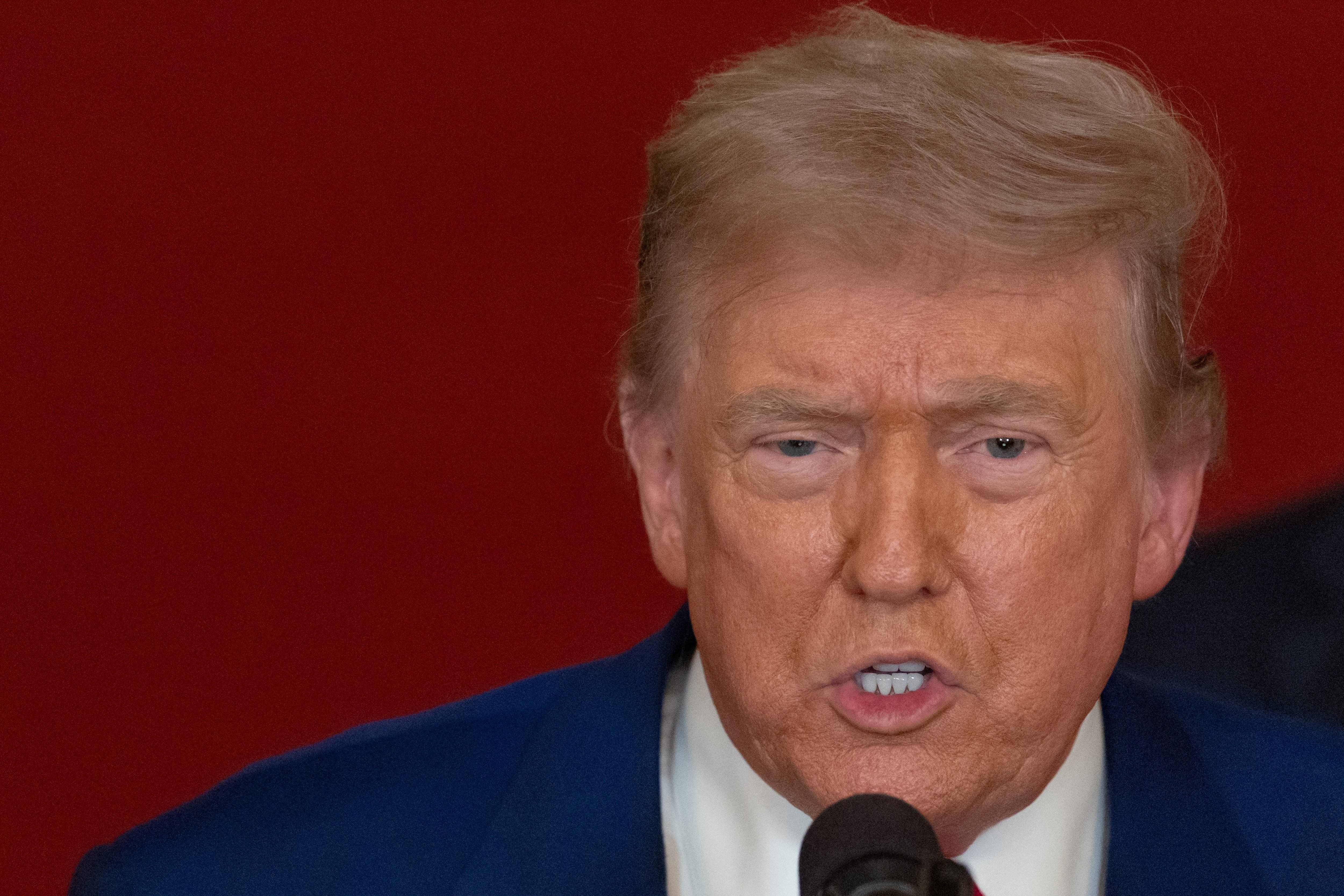As the federal government stays partially shuttered, President Donald Trump is pushing ahead with talks about permanently slashing parts of the federal workforce. But a civil‑service statute dating back to the 19th century stands in the way, and could tie any such moves up in court, TIME reported Thursday.
Earlier Thursday, Trump announced via Truth Social that he would meet with Office of Management and Budget Director Russell Vought, to determine “which of the many Democrat Agencies … he recommends to be cut,” and whether those cuts would be “temporary or permanent.”
He claimed the shutdown gives him an “unprecedented opportunity” to zero in on agencies he considers a “political SCAM.”
Vought has signaled aggressively that permanent layoffs — reductions in force (RIFs) — might be used even while the government lacks funding.
The report noted that White House Press Secretary Karoline Leavitt echoed that, saying the administration is eyeing “agencies … that don’t align with this Administration’s values.”
But TIME pointed out that under the Antideficiency Act — a federal law first passed in 1870 — the government is barred from obligating funds that Congress has not appropriated. This means agencies cannot spend money or commit to obligations unless Congress has given them the authority to do so.
Lawyers representing impacted federal workers' unions say that permanent firings during a shutdown would constitute new financial obligations — like severance, benefits, notices, administrative steps — that the government cannot legally incur when it has no appropriated funds.
According to the report, they argue the law reserves for Congress the power to decide how federal funds are used, and that the executive branch cannot simply repurpose a shutdown as a tool to permanently dismantle parts of government.
Norm Eisen, a lawyer involved in the unions’ lawsuit, told the outlet: “The Trump administration must not be allowed to use a shutdown as an excuse for yet another illegal attack on federal workers."
The lawsuit, filed in U.S. District Court in Northern California, asks a judge to block any attempt to carry out RIFs during the shutdown and to declare such plans unlawful.
Meanwhile, the administration has offered a counterargument: OMB spokeswoman Rachel Cauley, as the report notes, insisted that RIFs fall under the President’s constitutional authority to supervise the executive branch, calling them “an excepted activity … similar to conducting foreign policy.”
But legal analysts are highly skeptical of that position.
The report further highlighted that courts and past legal opinions have generally interpreted the Antideficiency Act narrowly, allowing only very limited exceptions (for example, obligations tied to emergencies involving the safety of human life or protection of property).
Agencies have rarely, if ever, used RIFs during shutdowns in past decades. This means that there is little precedent for the administration’s novel approach.
Even some senior officials within the government reportedly warned against proceeding with mass firings at this point, citing legal risk under appropriations law.
If the courts agree with the unions, Trump’s plan to permanently cut staff mid‑shutdown could be halted, delayed, or undone.
In the meantime, agencies have continued issuing temporary furloughs under standard shutdown protocols, and operations are largely on pause.
At this moment, the 19th‑century law may prove more powerful than any modern political maneuver, and could prevent Trump from turning a government lapse into a permanent purge of federal workers.
